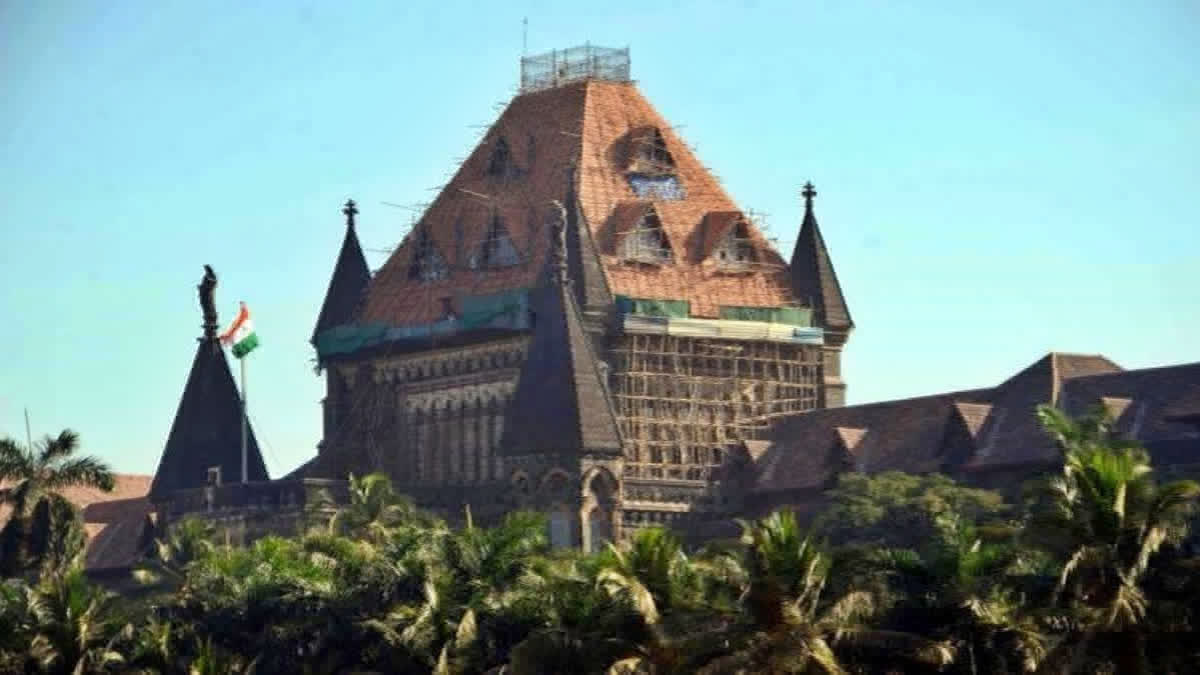Mumbai: The Brihanmumbai Municipal Corporation's decision to enforce a ban on the use of wood and charcoal at bakeries is likely to disrupt the supply of pav (soft, fluffy bread) and lead to hike in prices of street foods and breakfast staple, some politicians and bakers have claimed.
Pav is the only complementary product which goes with 'vada' and 'vada pav' is a basic necessity of every Mumbaikar, the Indian Bakers Association said in a letter to authorities. Any disturbance in supply will create an unwanted scenario, stated the letter of the 79-year-old association, which has 110 members across Mumbai.
Acting on a directive of the Bombay High Court, the BMC has asked bakeries, eateries and restaurants to shift to clean fuels such as electricity, CNG, PNG and LPG by July 8 to tackle air pollution.
"The civic body did not consult us before deciding between switching to green fuels and banning wood or charcoal. The use of electricity for baking pav or bread, buns and brun pav is economically unviable. It is impossible to use it in the present dome-shaped structure spread over an area of 150 square feet," KP Irani of the Indian Bakers Association told PTI on Thursday.
"The alternative fuel being recommended is either LPG or PNG, but there is a safety issue. LPG requirements for each bakery on average will not be less than a bank of 10 cylinders which can cause damage in case of any mishap leading to, loss of life and property. Moreover, infrastructure is not available everywhere for PNG in Mumbai," Irani added.
A Samajwadi Party MLA, in his letter to BMC chief Bhushan Gagrani, said all stakeholders must be given an urgent hearing, and added that prices of pav could go up from Rs 3 to Rs 5, which in turn would increase prices of vada pav and misal pav.
A pragmatic solution needs to be figured out to ensure the bakery industry isn't adversely impacted while reducing carbon footprint, the MLA said. Meanwhile, former BJP corporator Makarand Narwekar demanded heritage status for cafes and bakeries of this nature.
Irani cafes are not just eateries but an essential part of Mumbai's culinary history, Narwekar said in his letter to Chief Minister Devendra Fadnavis. "These cafes have been in existence for over a century, and the woodfired ovens they use are an integral part of their legacy. The distinct taste and aroma of the baked goods that these cafes are known for are the direct result of the wood and charcoal-based ovens. The non-wood or coal ovens will change the taste of the cuisine, which the patrons have cherished for generations," he said.
Their origins can be traced to the 19th century when Zoroastrian Irani immigrants introduced their culinary traditions to Mumbai, Narwekar said and urged Chief Minister Devendra Fadnavis to urge the BMC to reconsider its diktat.
"To preserve this integral part of our heritage, I request that the government consider granting heritage status to these Irani Cafes, with an exemption from the prohibition on wood and charcoal use. This would protect a significant cultural identity that is closely tied to Mumbai's history," Narwekar said.
He further said that in places like New York, historic restaurants are exempt from regulations to protect traditional cooking methods, while in the Netherlands, centuries-old windmills, in the middle of the cities, are preserved as national heritage.



